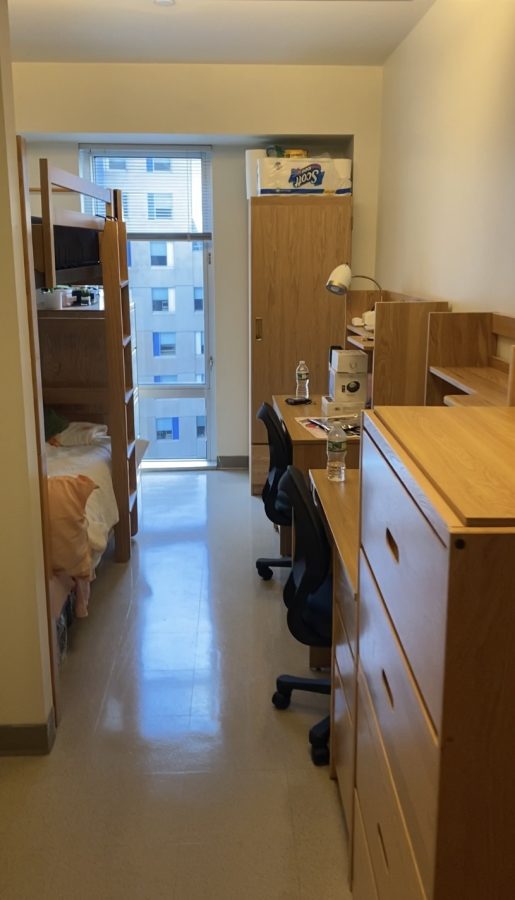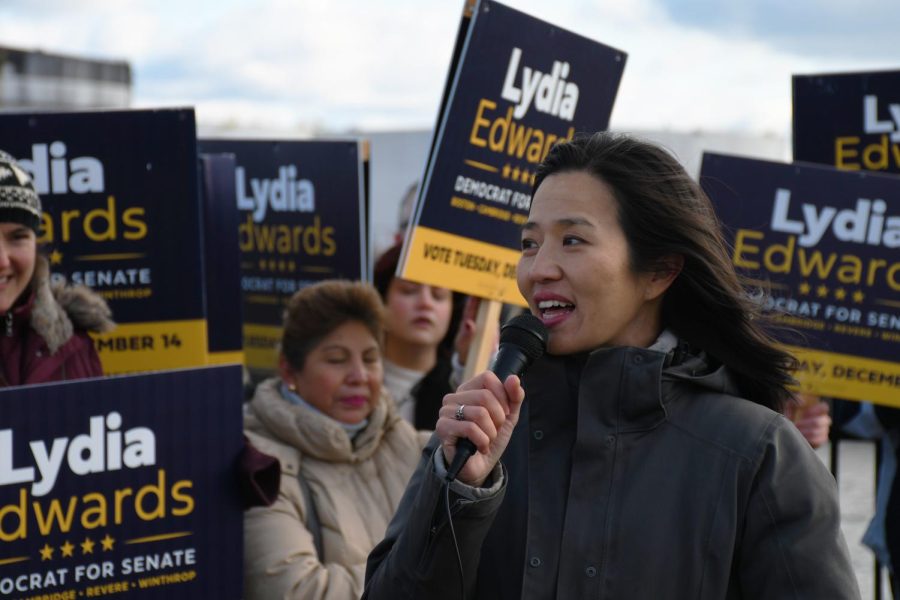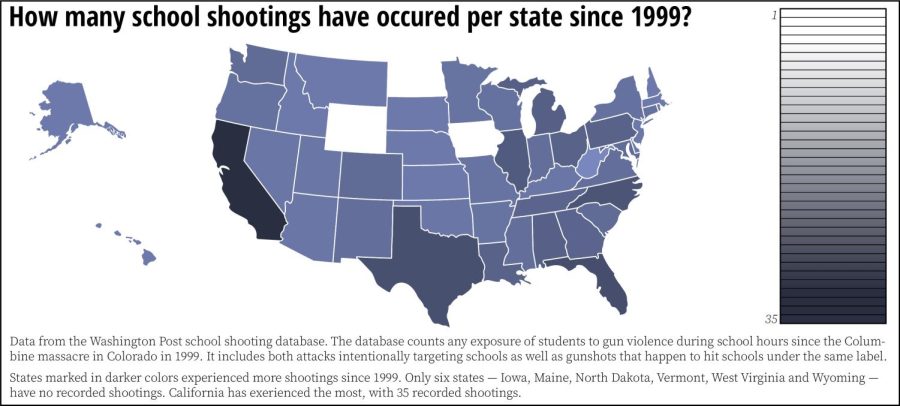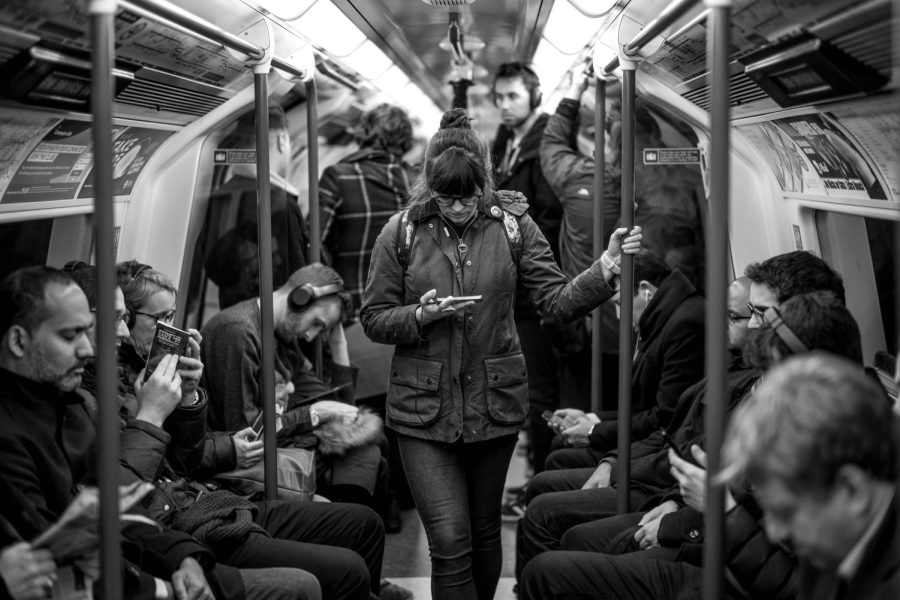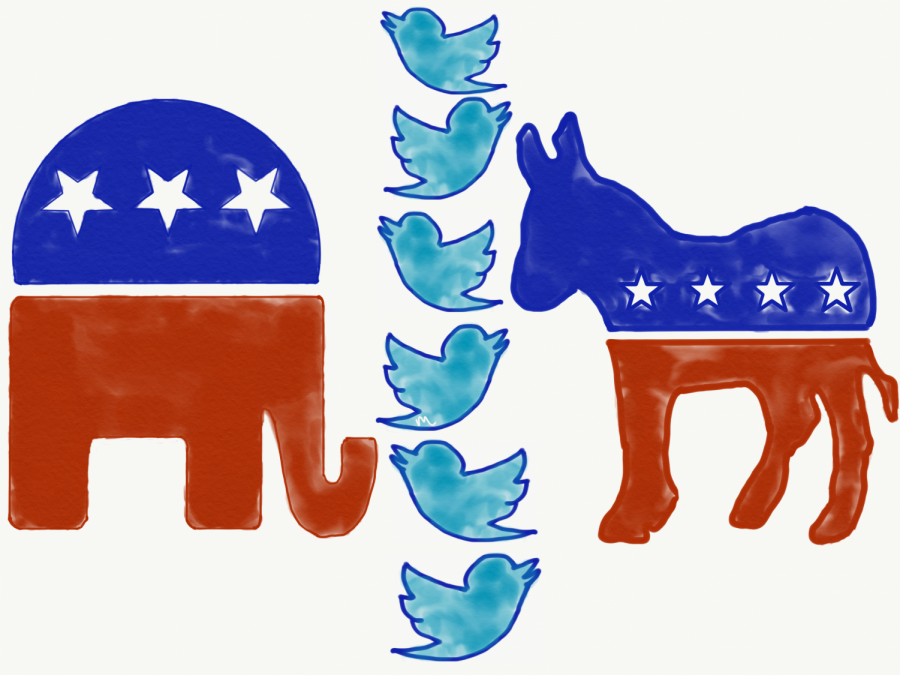By Kenny Sokan, editorial columnist
America, America. The land of opportunity. That is, the land of unpaid opportunity. From high school to graduate school, young adults of all ages are trying desperately to get their feet in the door and secure the American dream, which more or less has come to mean “a job that pays the bills.” And how do they do this? Through internships, of course.
Internships on a résumé are supposed to be the equivalent of a golden ticket to Willy Wonka’s chocolate factory. The more experience you have and the more connections you make, the better your chances are of getting that ticket to the magical wonderland of security and financial stability. Of course, this is not a guarantee. Hard work does not always result in success. A lot of people get a gold ticket to the factory, but only one person gets the job. Regardless of this irreconcilable reality, we work hard for our uncertain futures.
But what about in the meantime – the struggle before achieving the dream? What about money?
Everything has a price and higher education has people paying through their noses to attend. However, somehow employers get away with a no-cost employee when they pull in an intern. Business owners can have students doing professional work and petty tasks meant for assistants at no cost, while students are stuck footing the bill. They pay in their time, energy, blood, sweat and tears.
And in the end, what do you have to show for it other than long days and sleepless nights? Paying students in smiles, thank yous and good jobs isn’t enough. Sure we may get a reference out of you, but quite honestly, what we’d really like – no, what we really need – is money.
Consider students like us who attend universities that have co-op programs. Depending on your major, you can be paid anywhere from $25 an hour to nothing at all. The latter is the case for many communications and journalism students.
It is absolutely absurd for a student to dedicate six months of their life working 9 a.m. to 5 p.m. and not be compensated. For students who don’t have the financial means to live off of nothing, an additional part-time job is inevitable. When you’re done at your internship you go to your second job or work it on the weekends.
It is the likelihood of this two-job lifestyle that reveals another flaw in the internship system: the favoring of the rich. Those with well-off parents are much more likely to be able to afford to work an unpaid internship. For those who are living paycheck-to-paycheck and supporting themselves in school, dedicating 40 hours a week to a job that gets them nothing tangible is simply not an option.
The Fair Labor Standards Act (FLSA) regulates minimum wage and overtime for US workers, including interns. The Department of Labor’s Wage and Hour Division, which is responsible for enforcing the law, has a six-point test to determine whether an unpaid internship with a “for-profit” private sector establishment is valid. One of these points is that an employer “derives no immediate advantage from the activities of the intern.” Unless an intern does a piss-poor job, I don’t know what employer doesn’t benefit from an intern’s work.
The “do as I say and not as I pay” nature of internships is irrational, and the shadow market by which the intern economy works is exploitative. Interns should be paid a reasonable stipend or at least minimum wage for their work. Anything less is criminal.



